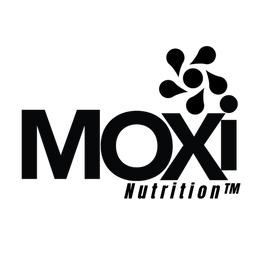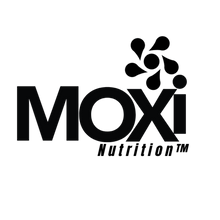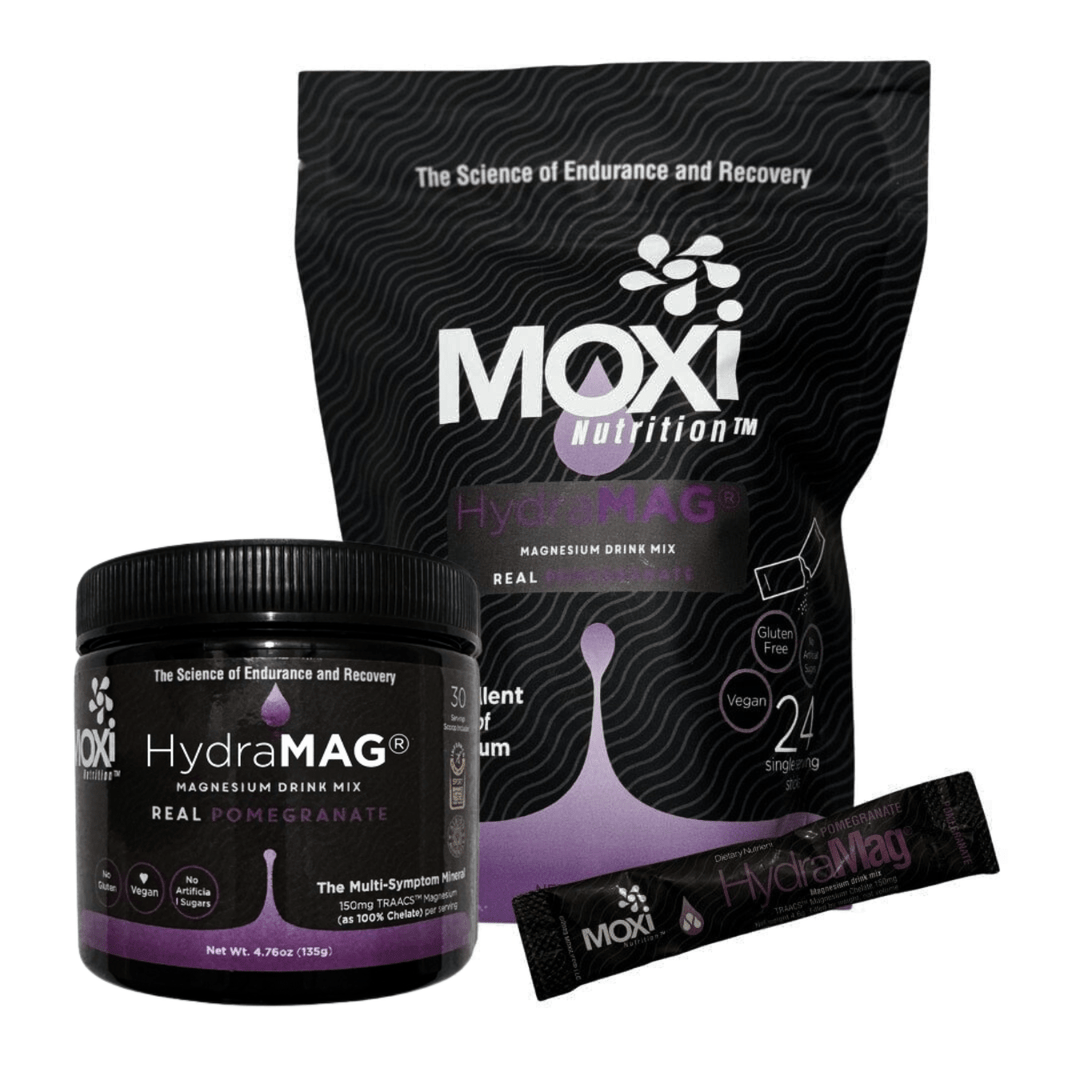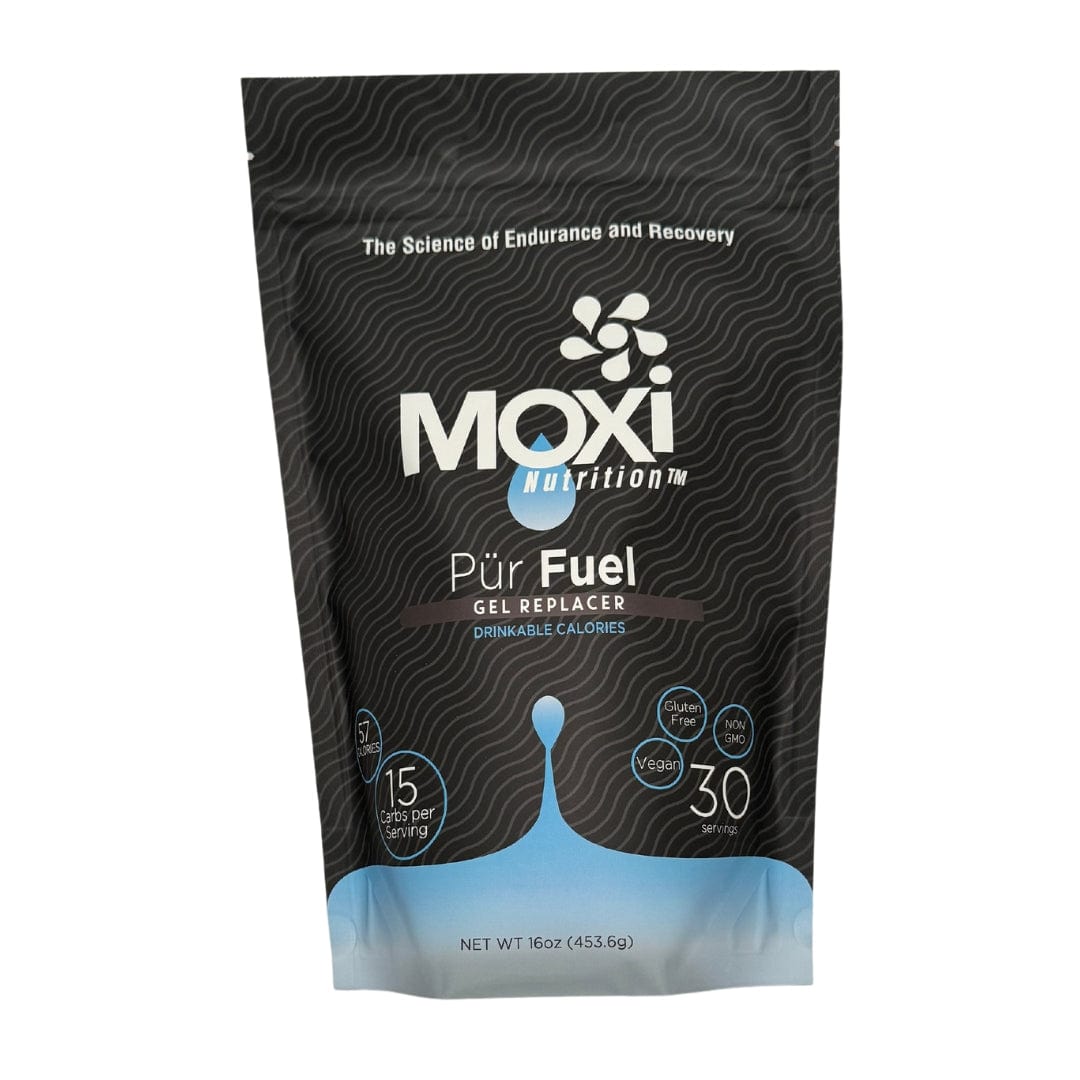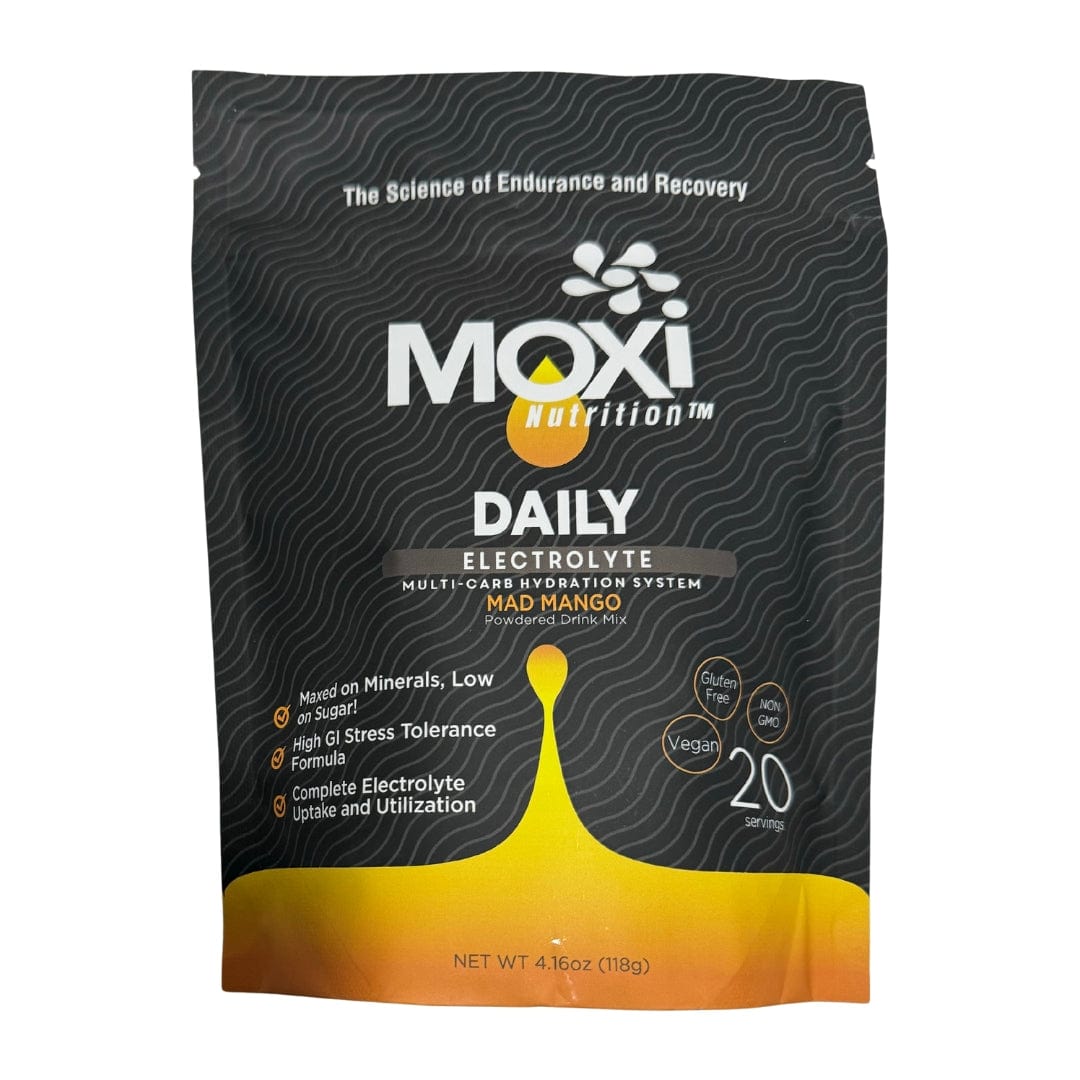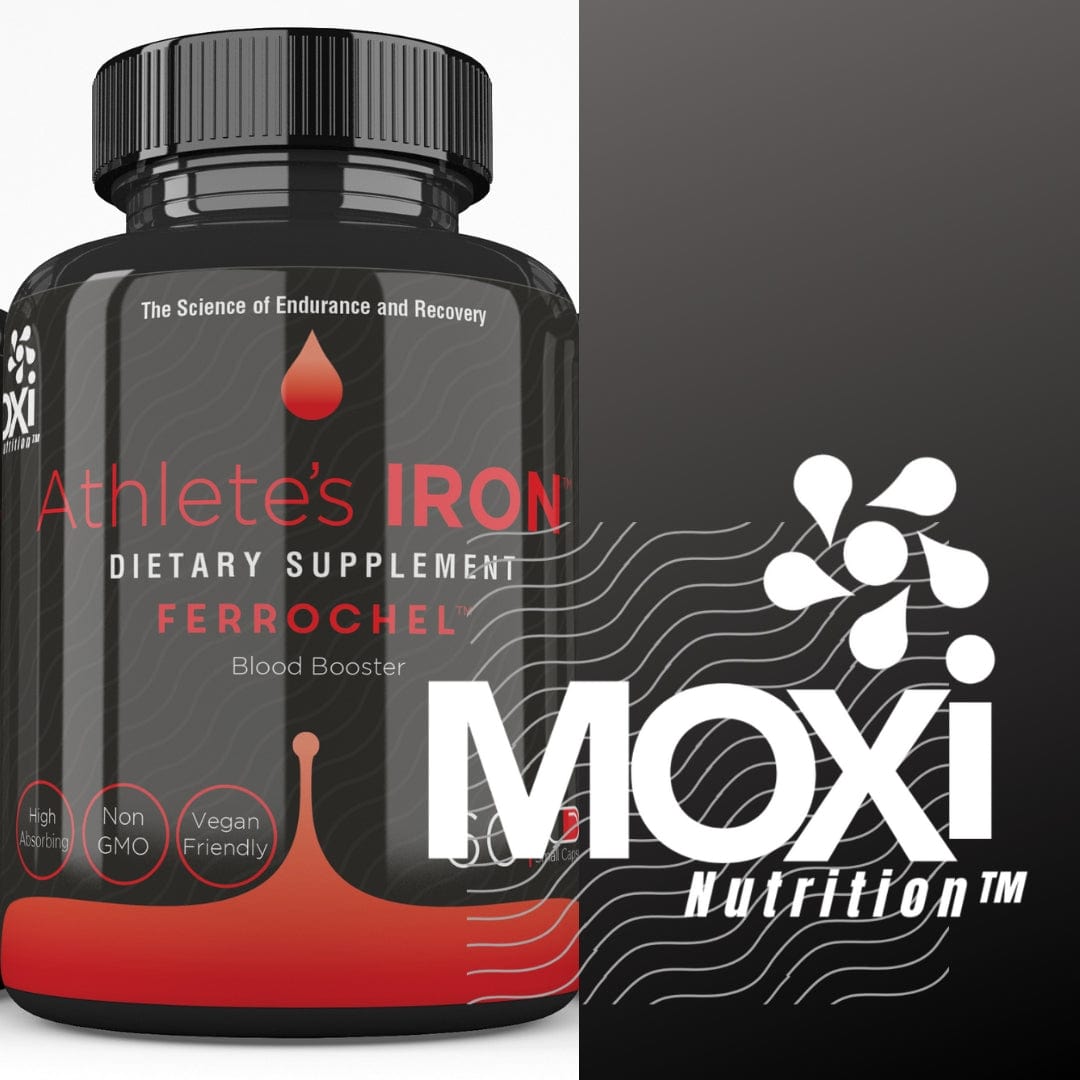Menopause: Natural Solutions & Protocol
Menopause is a natural phase in a woman's life that marks the end of her reproductive years. It is a significant transition that comes with a variety of symptoms due to hormonal changes in the body. While some women may experience mild symptoms, others may face more severe challenges during this time.
What are the common symptoms of menopause?
Hot flashes, night sweats, mood swings, weight gain, and sleep disturbances are some of the common symptoms experienced by women going through menopause. These symptoms can have a significant impact on a woman's quality of life and overall well-being.
What are natural solutions for managing menopausal symptoms?
There are several natural solutions that women can incorporate into their daily routine to help alleviate the symptoms of menopause. These include:
- Regular exercise: Physical activity can help reduce hot flashes and improve mood.
- Healthy diet: Eating a balanced diet rich in fruits, vegetables, and whole grains can help manage weight gain and support overall health.
- Stress management: Practicing relaxation techniques such as yoga or meditation can help reduce stress and improve sleep quality.
- Herbal supplements: Certain herbs like black cohosh and red clover have been shown to help alleviate menopausal symptoms.
What is a natural protocol for managing menopause?
Developing a natural protocol for managing menopause involves a holistic approach that addresses the physical, emotional, and mental aspects of this life stage. This may include a combination of the following strategies:
- Consulting with a healthcare provider to discuss treatment options.
- Creating a personalized diet and exercise plan to support overall health.
- Incorporating stress-reducing activities into daily life.
- Exploring alternative therapies such as acupuncture or aromatherapy.
By implementing natural solutions and following a personalized protocol, women can navigate the challenges of menopause with greater ease and improve their overall quality of life during this transition.
Most women will experience some menopause symptoms during mid-life, with some menopausal symptom experiences, worse than others. Some women resort to hormonal implants to offset the uncomfortable symptoms while other ladies walk about with fans and external cooling devices.
As the body warranty starts to wear out, the body changes and hormones tend to start to have a mind of their own and present as a physiological rollercoaster.
The natural pathway to menopausal relief revolves around a few targeted protocols.
- evaluate blood serum to determine base line nutrition and fill the gaps where needed.
- take an RBC magnesium test: blood serum does not provide accurate Magnesium levels.
- see an endocrinologist to review hormone levels.
The data received from the steps taken above, can present the best personal protocol to support menopausal relief.
If you want to get "Back to Basics" take a look at the individual nutrients that make the most impact on health and metabolism.
First up is Minerals and how they affect menopause symptoms:
How can minerals help menopause symptoms?
Minerals play an essential role in supporting overall health, during menopause. Here are some ways which specific minerals can help alleviate menopause symptoms:
1. **Calcium:** Adequate calcium intake is crucial during menopause to support bone health and reduce the risk of osteoporosis, which becomes more prevalent after menopause.
2. **Magnesium:** Magnesium can help reduce menopausal symptoms such as sleep disturbances, mood swings, and muscle cramps. It also supports bone health and may help alleviate symptoms like anxiety and irritability.
3. **Zinc:** Zinc supports the immune system and can help with hormonal balance during menopause. It also plays a role in supporting skin health and wound healing.
4. **Selenium:** Selenium is an antioxidant that can help reduce oxidative stress in the body. It may also support thyroid function, which can be affected during menopause.
5. **Iron:** Iron levels may fluctuate during menopause, and some women may experience iron deficiency. Adequate iron intake is important for energy levels and overall well-being.
6. **Potassium:** Potassium helps regulate blood pressure and fluid balance in the body. Maintaining adequate potassium levels can help reduce bloating and fluid retention, which are common during menopause.
These minerals can be obtained through a balanced diet rich in fruits, vegetables, whole grains, nuts, seeds, and lean proteins. However, in some cases, supplementation may be necessary to ensure adequate intake, especially if there are specific deficiencies.
What organs does menopause primarily affect?
Menopause primarily affects the brain, reproductive system and related organs in women. The key organs impacted by menopause include:
1. **Ovaries:** During menopause, the ovaries gradually decrease their production of estrogen and progesterone, leading to hormonal fluctuations and ultimately the cessation of menstruation.
2. **Uterus (Womb):** The uterus is where menstruation occurs, and during menopause, the lining of the uterus (endometrium) may become thinner due to decreased estrogen levels. This can result in changes in menstrual bleeding patterns.
3. **Vagina:** Lower estrogen levels during menopause can lead to vaginal dryness, thinning of the vaginal walls (vaginal atrophy), and reduced lubrication, which may cause discomfort during intercourse.
4. **Breasts:** Menopause can affect breast tissue, potentially resulting in changes such as decreased firmness, increased breast tenderness, or an increased risk of breast cancer in some women.
5. **Brain:** Estrogen receptors are found in various regions of the brain, and declining estrogen levels during menopause can impact cognitive functions, mood regulation, and memory. Some women may experience symptoms like brain fog, forgetfulness, or mood swings.
6. **Bones:** Menopause is associated with an increased risk of osteoporosis, a condition characterized by reduced bone density and increased susceptibility to fractures. Estrogen helps maintain bone density, so the decline in estrogen during menopause can lead to bone loss.
While menopause primarily affects these organs, it's important to recognize that the hormonal changes and associated symptoms of menopause can have systemic effects on the body, impacting various physiological functions and overall well-being.
Managing these changes through lifestyle diet modifications, hormone therapy, and other treatments can help alleviate symptoms.
How can Magnesium help menopausal symptoms?
Magnesium can play a beneficial role in alleviating menopausal symptoms in several ways:
1. **Reducing Hot Flashes and Night Sweats:** Magnesium has been shown to help regulate body temperature and may help reduce the frequency and intensity of hot flashes and night sweats commonly experienced during menopause.
2. **Improving Mood and Sleep:** Magnesium has a calming effect on the nervous system and can help reduce irritability, anxiety, and insomnia, which are common symptoms during menopause.
3. **Supporting Bone Health:** Magnesium is essential for bone formation and maintenance. Adequate magnesium intake can help support bone density and reduce the risk of osteoporosis, which becomes more prevalent after menopause.
4. **Relieving Muscle Cramps and Tension:** Magnesium helps relax muscles and can alleviate muscle cramps, spasms, and tension that women may experience during menopause.
5. **Regulating Blood Sugar Levels:** Magnesium plays a role in regulating insulin sensitivity and blood sugar levels, which can be beneficial for managing symptoms like fatigue and mood swings often associated with menopause.
It's important to note that while magnesium supplementation can help address some menopausal symptoms, it's essential to consult with a healthcare provider before starting any new supplement regimen, especially if you have any underlying health conditions or are taking medications.
A registered dietitian can provide personalized recommendations based on your individual needs and ensure that supplementation is safe and effective for you.
